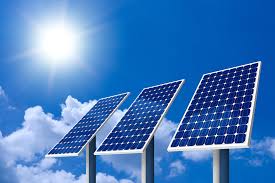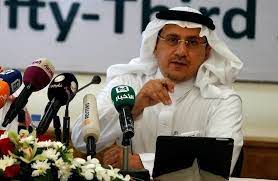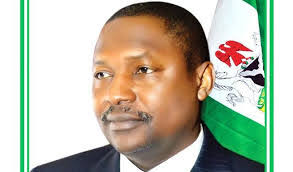A new report by PriceWaterhouseCoopers (PwC), a global accountancy and auditing consulting firm, has estimated that Africa will require about $2.6 trillion to drive energy transition and bridge its widening energy gap over the next 30 years.
The firm, in its latest ‘Africa Energy Review 2022’, indicated that the continent was not likely to achieve its energy ambitions due to sundry challenges.
The newly released report, which outlines the objectives and pressures facing Africa’s energy sector, showed that despite the fact that energy is playing critical roles in catalyzing growth in any economy, about one billion of Africans still lacked access to clean, sustainable and affordable energy.
According to the report, the shortage of electricity in African countries is equivalent to 1 percent of the global average.
PwC projected that to bring Africa up to the world average for electricity access, meet decarbonisation commitments and bridge the energy poverty gap, Africa would need to arrange for an additional 2,354GW of renewable generation by 2050.
According to the firm’s researchers, this is an increase of nearly forty times the current installed renewables capacity of 59GW. Therefore, estimated to cost Africa roughly $2.6 trillion, which is approximately the current size of Africa’s gross domestic product (GDP).
The report enumerates various factors contributing to a rapidly changing global landscape including climate change policy pressure, geo-political tensions such as the Ukraine conflict, societal changes triggered by the COVID-19 pandemic and a greater awareness of planetary boundaries and social justice.
Africa has a great energy potential in fossil fuel and renewable energy resources, according to the PwC researchers. This can be done through optimisation of value from its fossil fuel endowments, through a just transition to support sustainable development of green energy base.
The report further indicated that there was an increment in potential investment and foreign earnings from the export fossil fuels, predominantly with natural gas. Furthermore, the continent also has high-quality renewable resources across solar, wind, geothermal and hydro.
The researchers also put emphasis on statistics showing that, despite the quality of Africa’s renewable resources, it still has less than 1% of global installed solar photovoltaic (PV) capacity as an example.
Commenting on the report findings, the PwC’s Africa Energy, Utilities and Resources Leader, Andries Rossouw, said: “If Africa is left to self-fund and forced to forfeit its fossil fuel endowment, solving energy poverty and transitioning to green energy will become unaffordable.”
Rossouw advised that the developed world needed to support Africa’s energy growth as part of its just transition commitment.
He further stressed that to turn the tide on the continent’s energy poverty and achieve a just energy transition, there was need for a significant increase in energy sector.
The expert expatiated: “If these investments can harness the abundant, quality renewable resources, enabled by strong local policy and sector reform, then Africa will attract large-scale international support and sustainably transition to become globally competitive, meeting both the needs of the planet and its people.”
The report further highlighted key issues which include: the cost of un-served energy and outlines the cost of unsaved energy, which in South Africa is known as load shedding.
It highlights that in South Africa, the state power utility shed 2,276 GWh of power in the first half of 2022, to maintain a stable power grid. PwC estimates this cost of unsaved energy at between USD2.54/kWh and USD2.88/kWh.
The report also covered issues relating to climate change, energy law and policy lack coherence.
PwC stated that the report also gauged international climate policy and the commitments which are set out in African National Determined Contributions which have resulted in the rapid adoption of domestic climate change laws and policies.
In his remarks, PwC Africa’s International Trade and Environmental Tax Lead, Asif Joosub, said: “It is clear that Africa is committed to decarbonise and scale up renewable energy generation, however, much is still required to enable greater investment through market reform, strong regulatory frameworks and incentive mechanisms.”




